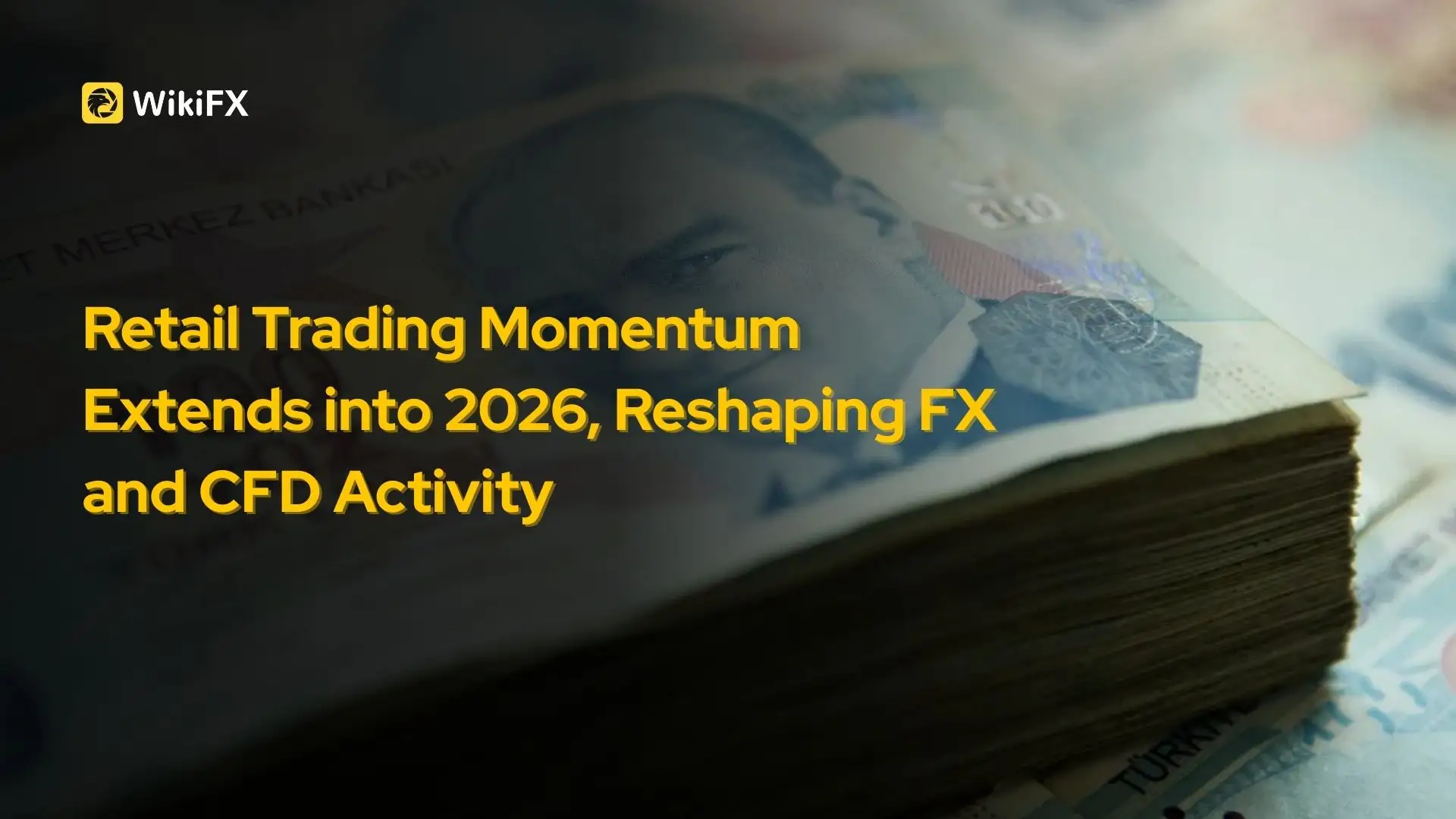WikiFX Officially Launches the “Every Review Counts” Broker Review Initiative!
In forex trading, what truly determines risk is often not market volatility itself, but whether information is authentic, transparent, and fully visible.
简体中文
繁體中文
English
Pусский
日本語
ภาษาไทย
Tiếng Việt
Bahasa Indonesia
Español
हिन्दी
Filippiiniläinen
Français
Deutsch
Português
Türkçe
한국어
العربية
Abstract:The U.S. stock market suffered another major blow, with all three major indices tumbling and tech giants losing over $830 billion in market value. Market panic intensified, recession concerns escalated, and the Federal Reserve’s policy direction became a key focus.

Following last weeks sharp sell-off, U.S. stocks faced another “Black Monday.” All three major indices opened lower and continued to decline throughout the day. The S&P 500 dropped more than 3% intraday, the Nasdaq plunged over 4%, and the Dow Jones Industrial Average fell nearly 1,190 points at its lowest, closing down 2.1%.
By the end of the session, the Nasdaq had posted a 4% loss, marking its worst single-day decline since September 2022, while the S&P 500 fell 2.7%.
Tech stocks were hit particularly hard. The “Magnificent Seven,” including Nvidia, Microsoft, and Apple, all fell more than 2%. Tesla suffered an even steeper drop of over 15%, marking its biggest single-day decline since 2020. In total, the seven tech giants lost over $830 billion in market value, setting a record for the largest single-day loss.
Analysts widely attribute the sell-off to comments made by former President Donald Trump, which heightened investors' concerns about a potential recession.
In a recent interview, Trump acknowledged that the U.S. economy was in a “transition period” and did not rule out the possibility of a recession. He also suggested that tariffs could continue to rise, further fueling market uncertainty. Investors worry that the government may be willing to sacrifice short-term economic growth in pursuit of its long-term policy objectives.
Additionally, a wave of sell-offs exacerbated market losses. Hedge funds accelerated short positions, and investors rapidly pulled out of tech, financial, and consumer discretionary sectors. The S&P 500 is now approaching its critical 200-day moving average, and a break below this key support level could signal further downside.
Meanwhile, in the bond market, short-term U.S. Treasury yields have plunged, indicating that traders expect the Federal Reserve to start cutting interest rates as early as June to prevent further economic deterioration.
Market uncertainty continues to grow. The Trump administration‘s trade and fiscal policies remain unclear, and investors lack consensus on the Fed’s rate-cut trajectory. If interest rate cuts fail to provide enough relief, market volatility could persist. Furthermore, uncertainty surrounding tariff policies, inflationary pressures, and a potential tech stock correction will all play a crucial role in shaping the future direction of the U.S. stock market.
Disclaimer:
The views in this article only represent the author's personal views, and do not constitute investment advice on this platform. This platform does not guarantee the accuracy, completeness and timeliness of the information in the article, and will not be liable for any loss caused by the use of or reliance on the information in the article.

In forex trading, what truly determines risk is often not market volatility itself, but whether information is authentic, transparent, and fully visible.

Share Your Expertise on What’s Moving the Market.

Strong retail participation in 2026 is driving forex and CFD trading volumes higher, as investors expand beyond equities into macro-sensitive markets.

In a forex market where fundamental and technical factors impact the currency pair prices, volatility is expected. If the price volatility acts against the speculation made by traders, it can result in significant losses for them. This is where a stop-loss order comes to their rescue. It is one of the vital investment risk management tools that traders can use to limit potential downside as markets get volatile. Read on as we share its definition and several strategies you should consider to remain calm even as markets go crazy.
